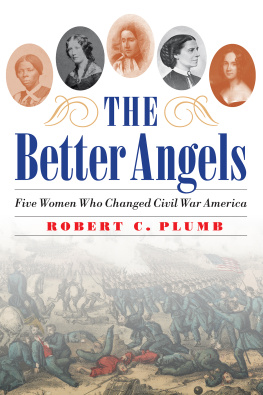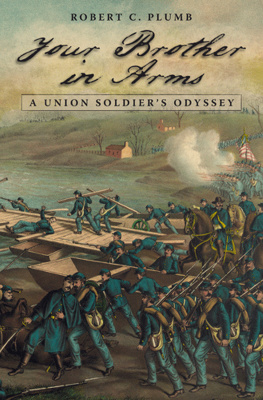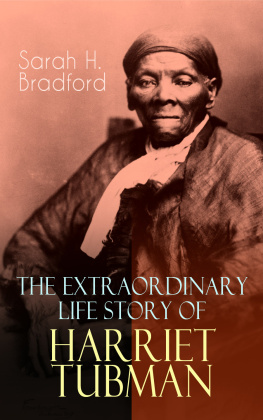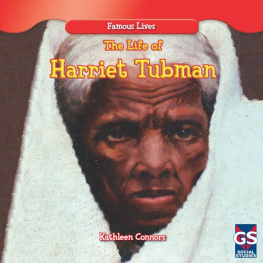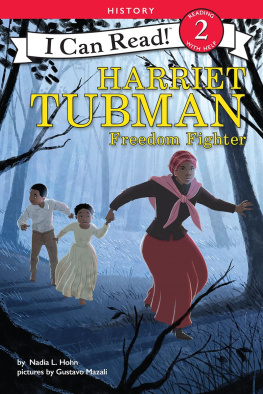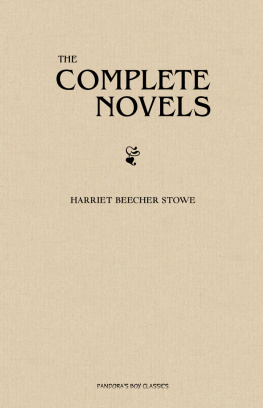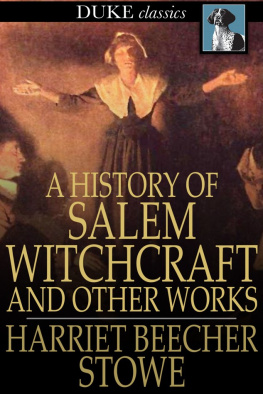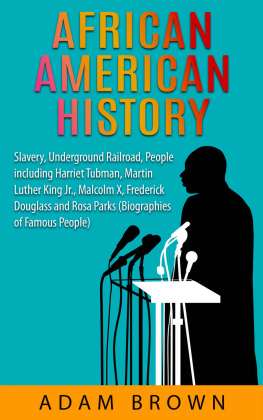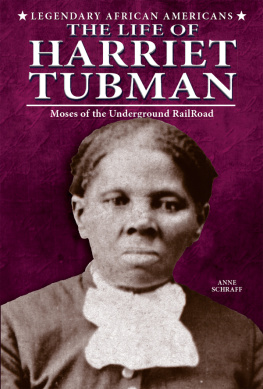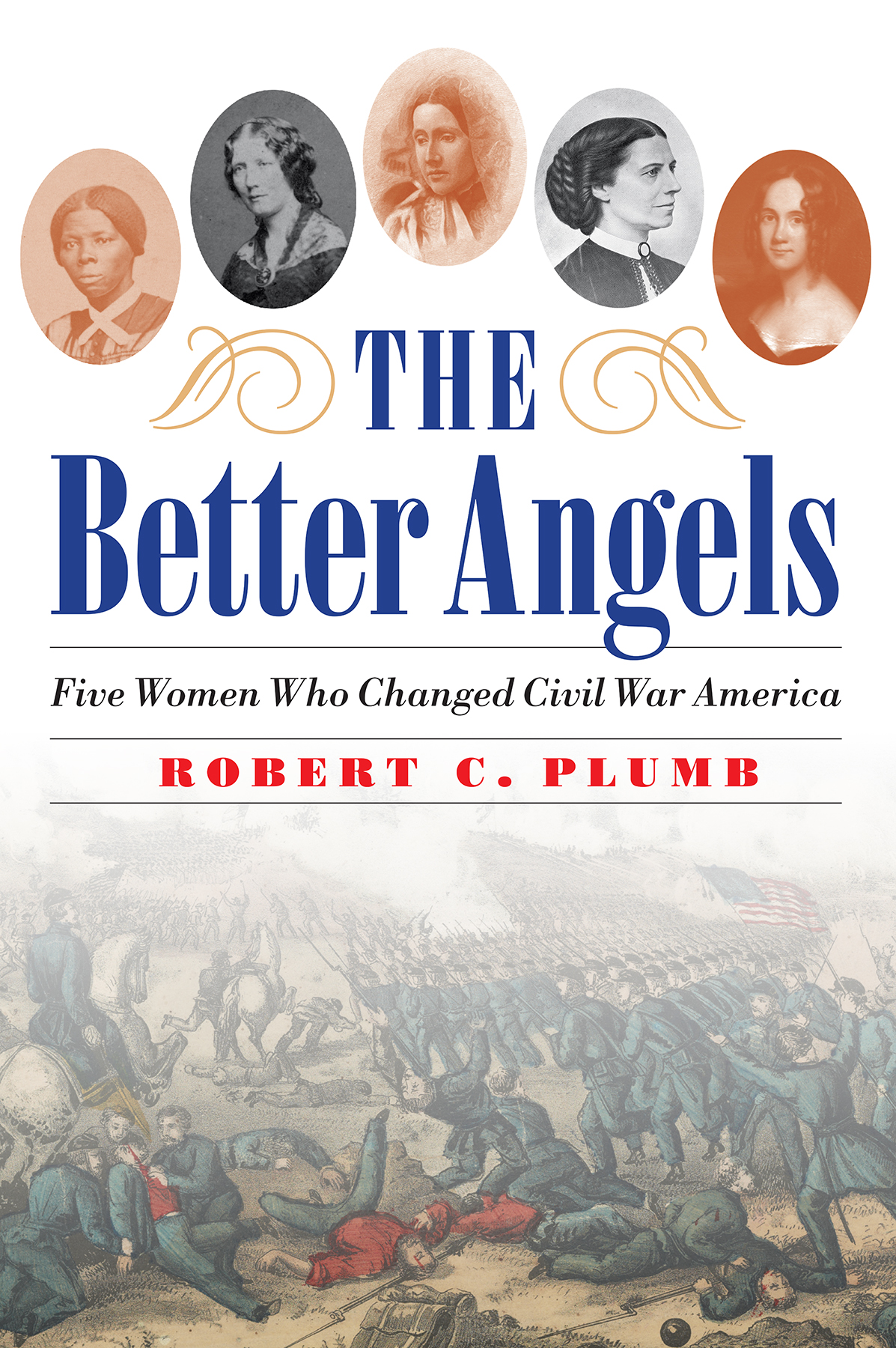
All of these extraordinary women did a great deal in the causes of freedom, womens rights, and literary excellence, as Robert Plumb makes clear in this fine group biography of five women who truly did change the course of American history.
James M. McPherson, Pulitzer Prizewinning author of Battle Cry of Freedom: The Civil War Era
There couldnt be a better time for America to find its better angels, and Robert C. Plumbs lucid and admiring portrait of five exemplary women is just the ticket. Youll find corners of American history your old textbooks never told you about, and once youre done, youll want to pass it on to the next generation.
Louis Bayard, author of Courting Mr. Lincoln and The Pale Blue Eye
Robert Plumb has placed five remarkable women on the center stage of the American Civil War. Their compelling stories are told with perception and freshness in this inspiring work of womens history.
Robin G. Schulze, editor of Becoming Marianne Moore and author of The Degenerate Muse
Few realize the scope of what these remarkable women overcame and accomplished during their long, productive lives.... The Better Angels had great impact in their own time but also helped advance issues that benefited society in future generations. From them readers can learn lessons of courage, determination, creativity, and resourcefulness to make a difference in todays world.
Marilyn Southard Warshawsky, author of John Franklin Goucher: Citizen of the World
The Better Angels weaves together the stories of five extraordinary women whose talents won scope and recognition in the struggle to end slavery that led to the Civil War. As skillfully told by Robert Plumb, their stories illustrate the measure of liberation that some women were able to seize through that brutal conflict.
David O. Stewart, best-selling author of Impeached: The Trial of Andrew Johnson and the Dream of a Just Nation
A clear, compelling introduction for readers not steeped in the history of the American Civil War. Robert Plumb doesnt just chart clashes and body counts. He humanizes the conflicts that tore the country apart, focusing on the home front as well as the front lines. His story unfolds through the perspective of five women [whose] lively group portrait will inspire readers to find out more.
M. G. Lord, author of Astro Turf and The Accidental Feminist
The Better Angels
Five Women Who Changed Civil War America
Robert C. Plumb
Foreword by Elisabeth Griffith
Potomac Books
An imprint of the University of Nebraska Press
2020 by Robert C. Plumb
Introduction 2020 by the Board of Regents of the University of Nebraska
Cover designed by University of Nebraska Press; cover images are from the interior and Library of Congress.
All rights reserved. Potomac Books is an imprint of the University of Nebraska Press.
Library of Congress Control Number: 2019030007
The publisher does not have any control over and does not assume any responsibility for author or third-party websites or their content.
For
Louise Kittell Plumb
Sarah Plumb DiGioia
Janet Needham Plumb
Judy Plumb Panico
Marjorie Ewing Kittell
The five better angels in my life
For he will give his angels
charge of you to guard you
in all your ways. On their hands
they will bear you up, lest you
dash your foot against a stone.
Psalm 91:11,12
The mystic chords of memory, stretching from
every battlefield and patriot grave to every living heart
and hearthstone all over this broad land, will yet swell the
chorus of the Union, when again touched, as surely they
will be, by the better angels of our nature.
Abraham Lincoln, first inaugural address, March 4, 1861
Contents
Elisabeth Griffith
Elisabeth Griffith
As I came over, the next day, I met Doctor Rivers at the door of [the] ward.
Really, said he, that little Mrs. Addison is a true heroine!
As I smiled assent to him, I said inwardly to myselfReally, she is a true woman!
Rose Terry Cooke, A Woman, Atlantic Monthly, December 1862
Historians have long faced the challenge of recognizing and reassessing the role of women in our history. Did any women have major roles, or were all of them supporting actors? Do we even know the names of the ensemble players? Indeed, there were starring roles, but many women were in the chorus, nameless rather than notable: enslaved blacks, homesteaders, factory workers, immigrants, farm wives. Its hard to write about the lives of women who were illiterate or impoverished, who left no diaries or whose correspondence was not valued enough to be saved, and who appear nowhere but on ship manifests, slave inventories, or the census.
The Civil War tore the American union in half, presented a constitutional crisis, freed enslaved African Americans, killed 620,000 soldiers, devastated whole sections of the country, destroyed an economy based on slave labor, and sowed seeds of racism and hatred that still fester. Yet the war also increased American manufacturing capacity, drove the intercontinental railroad, and opened educational opportunities with the Morrill Land-Grant Act. It inspired the Fourteenth Amendment. And it created unexpected opportunities for women, as every war has.
Until recently women have been underrepresented in accounts of the Civil War period. As abolitionist Maria Weston Chapman wrote, women leaped from their spheres to participate. She was referring to the separate sphere of domesticity that confined upper- and middle-class, mostly urban white women to limited roles. This sphere was defined by social custom, Judeo-Christian teaching, and common law, all of which saw women as secondary and subservient. At the time of the Civil War, married women had no rights to earned wages, did not inherit property or the custody of their children, and had no recourse to divorce. (There were a few exceptions in a small number of Northern states.) Access to education and employment opportunities was limited. While men were free to pursue enterprise, politics, warfare, and public roles, privileged women were confined to a private peaceful sphere of domesticity, of home, children, morality, and virtue. They were expected to be pious, pure, domestic, and submissive. Less privileged women, mill workers or field hands or frontier wives, could only aspire to be true ladies.
This books title, The Better Angels, is an artful choice, with its dual references to Lincolns first inaugural address and to the roles nineteenth-century women were expected to play within their domestic spheres. Clara Barton, Sarah Josepha Hale, Julia Ward Howe, Harriet Beecher Stowe, and Harriet Tubman challenged those confining limits to expand womens traditional roles to encompass petitioning, organizing, educating, writing, and reforming as part of their assigned spheres. In addition, Harriet Tubman escaped that confinement both literally and figuratively as she fled enslavement and helped others on their paths to liberty. While these women maintained the outward appearance of ladylike modesty and manners, they became fierce warriors in their own right. Clara Bartons belief was that when the Civil War ended, woman was at least fifty years in advance of the normal position which continued peace would have assigned her. Bartons contemporary, Julia Ward Howe, also a witness to the effect of the war on the nations women, wrote that women found a new scope for their activities and developed activities hitherto unsuspected by themselves.
Next page
